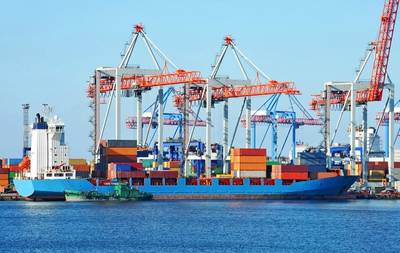New Method Enables Biofuel Fingerprinting in an Hour
The Global Centre for Maritime Decarbonization (GCMD) has introduced a new technique that creates a fingerprint for Fatty Acid Methyl Esters (FAME) biofuels that can identify the origins of the fuel's feedstock.
The shipping industry is increasingly using biofuels, such as FAME, to reduce its GHG emissions. However, concerns have arisen regarding the legitimacy of biofuels and whether they are truly sustainable. Industry bodies are seeing a rising number of cases mislabelling biofuels purported to be made from recycled oils and fats, while suspicions persist that they might be produced from cheaper and less sustainable virgin oils.
While existing international certification schemes play a fundamental role in certifying sustainable biofuels, their primary reliance on retrospective audits may limit their ability to prevent fraudulent practices, especially in the real-time detection of fraud.
To address these concerns, GCMD’s FAME fingerprinting can be used as a tool to detect fraud in marine fuel supply chains. The method is based on the principle that the fatty acid profile of FAME is unique to its feedstock and can be preserved during feedstock transesterification to produce FAME. The fingerprint can then be compared against a database of known fatty acid profiles to identify the feedstock origin.
Together with specific chemicals by-products, FAME fingerprinting has shown promise as a tool to differentiate between FAME produced from the same parent feedstock, such as palm-oil derivatives (virgin palm oils, used palm oils and palm oil mill effluent).
As there is no established method, GCMD and VPS co-developed the analytical method based on EN 14103. The fingerprinting process can be performed using a gas chromatograph with flame-ionisation detection, an instrument commonly found in fuel test laboratories.
Fingerprinting FAME using this method takes approximately an hour, which is comparable to the turnaround time for marine fuel quality testing in present-day supply chains, and it can be implemented in parallel.











